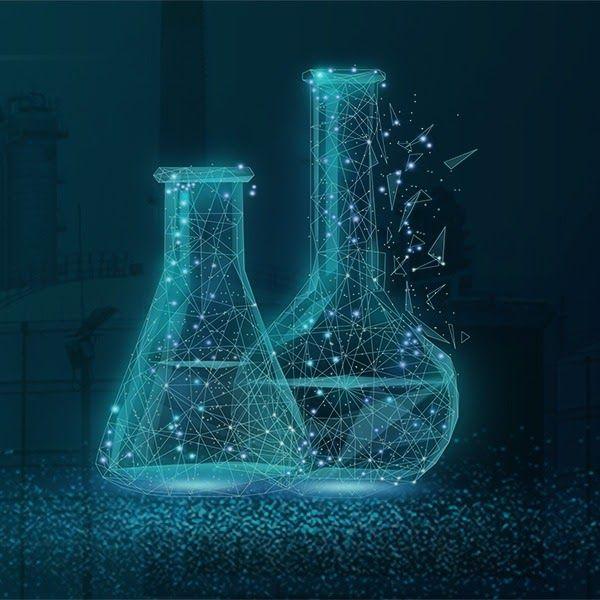Transforming the Chemical Industry with Artificial Intelligence

Artificial Intelligence (AI) is revolutionizing the chemical industry by enhancing efficiency, safety, and innovation across the value chain. From research and development to manufacturing and distribution, AI technologies are enabling chemical companies to optimize processes, reduce costs, and accelerate product development. Machine learning algorithms, predictive analytics, and automation are being increasingly adopted to drive data-driven decision-making and uncover insights that were previously impossible to detect.
In the research and development phase, AI plays a pivotal role in accelerating chemical discovery. Traditional experimentation can be time-consuming and resource-intensive, but AI-driven modeling and simulation allow scientists to predict chemical properties, reaction outcomes, and material behaviors with remarkable accuracy. This reduces trial-and-error approaches and shortens the time required to bring new chemicals and materials to market. AI also aids in designing environmentally friendly and sustainable chemicals by identifying alternatives with lower toxicity or reduced environmental impact.
AI is also transforming chemical manufacturing. Advanced process control systems powered by AI optimize production efficiency, minimize energy consumption, and ensure consistent product quality. Predictive maintenance, enabled by AI sensors and analytics, reduces downtime and prevents costly equipment failures, enhancing operational reliability. Furthermore, AI-powered supply chain management improves inventory planning, demand forecasting, and logistics, ensuring that raw materials and products are delivered efficiently and on time.
Safety and compliance are critical in the chemical industry, and AI contributes significantly in these areas. AI systems can monitor hazardous processes, predict potential risks, and alert operators to unsafe conditions before incidents occur. Automated data analysis helps companies comply with stringent regulatory standards by detecting anomalies, tracking emissions, and documenting safety procedures. This proactive approach enhances workplace safety while minimizing legal and financial risks.
The integration of AI in chemicals is also fostering innovation in specialty chemicals and materials science. By leveraging AI-driven insights, companies can develop tailored products for specific applications, such as advanced polymers, coatings, and pharmaceutical intermediates. AI helps in identifying market trends, understanding customer preferences, and predicting performance outcomes, enabling chemical manufacturers to deliver solutions that meet evolving demands.
Source - https://www.marketresearchfuture.com/reports/ai-in-chemicals-market-22207
Despite its transformative potential, the adoption of AI in chemicals comes with challenges, including data quality, cybersecurity concerns, and the need for skilled professionals. Companies must invest in robust data infrastructure, train personnel, and establish partnerships with AI technology providers to maximize benefits. Nevertheless, the strategic implementation of AI presents enormous opportunities to increase productivity, sustainability, and competitiveness in the chemical sector.
- Art
- Causes
- Crafts
- Dance
- Drinks
- Film
- Fitness
- Food
- Giochi
- Gardening
- Health
- Home
- Literature
- Music
- Networking
- Altre informazioni
- Party
- Religion
- Shopping
- Sports
- Theater
- Wellness


